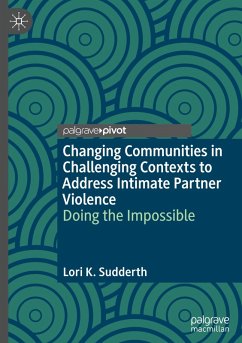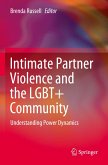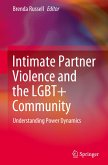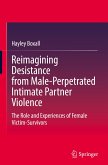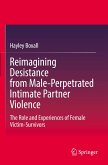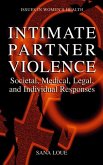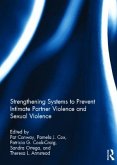Women around the world face substantial barriers to reporting their victimization, and in some contexts, the classical criminal justice response to violence can be muted, corrupted, or even inappropriate. This book discusses the strategies and efforts of advocates and activists to support survivors of intimate partner violence in isolated, rural, tribal and poor communities. It asks questions such as: how do you create safe space for survivors of intimate violence in places where people tend to know each other? And how do you create safe space for survivors in places with few resources or where tribal identity is key to mental health? Drawing on research from the Caribbean, Central America, and New Zealand, this book speaks to criminologists, social workers and those working with victim advocacy communities, on college campuses, and to policymakers who serve rural or tribal areas.
Bitte wählen Sie Ihr Anliegen aus.
Rechnungen
Retourenschein anfordern
Bestellstatus
Storno

